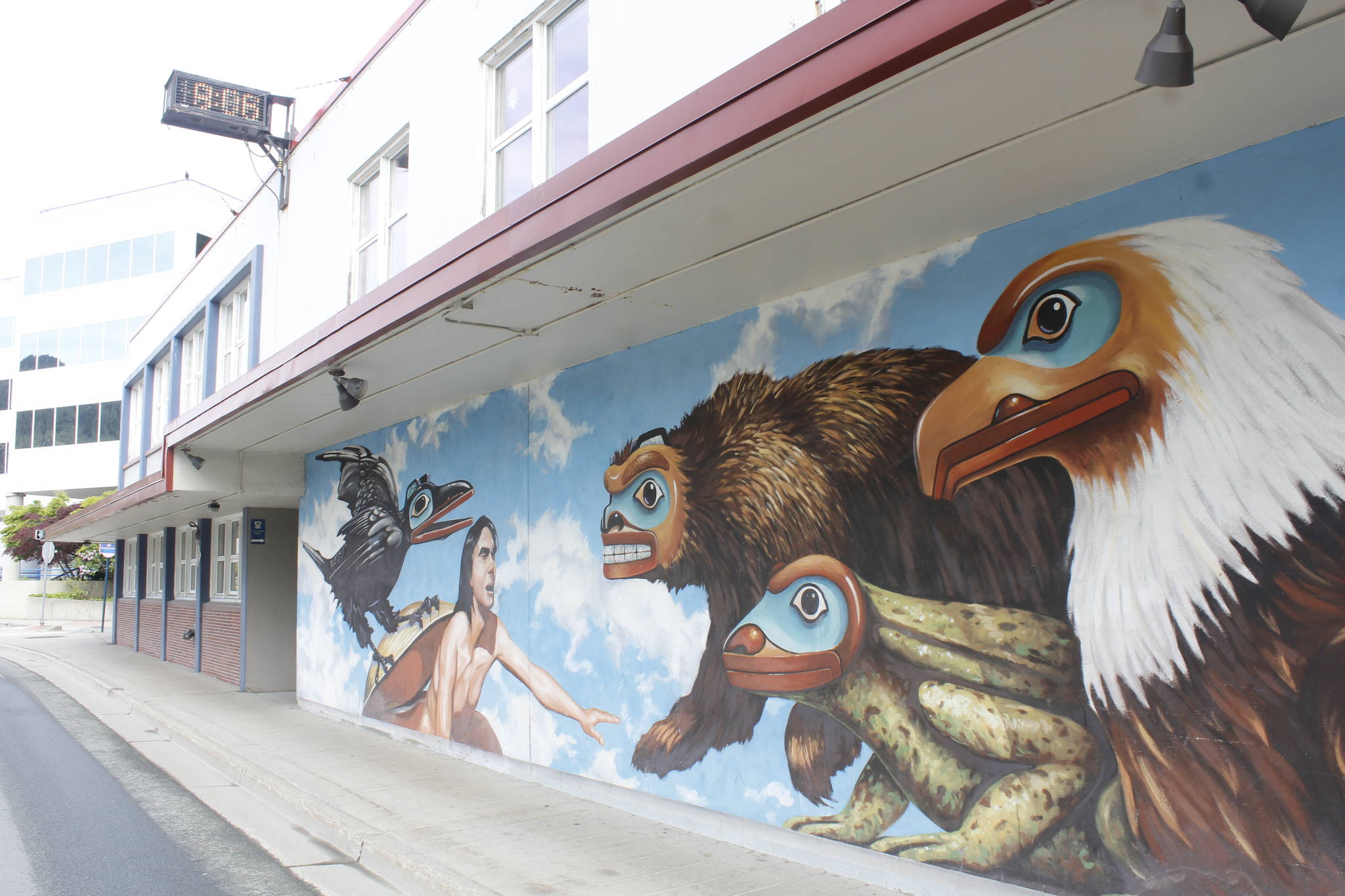Property tax management can be confusing for local taxpayers.
The mill rate is the amount of tax payable per dollar of the assessed value of a property. A “mill” represents one-tenth of a cent with the rate normally expressed as the amount per $1,000 of property value.
In recent City and Borough of Juneau Assembly action, the mill rate for the 2020 fiscal year was approved at last year’s level after an unusual split vote. Typically, this part of the municipal budgeting process rarely raises controversy.
Holding the mill rate stable over time is admirable but, as most people know, even if the mill rate remains unchanged, your property tax usually increases. That’s because our current mill rate, 10.66 mills (or 1.066% of your property value), is only part of the equation. The other part is the value of your property as assessed by the city — which tends to increase every year with inflation.
[City might make offer on waterfront property]
In other words, if the Assembly wanted to hold your property tax constant or even reduce it, it would have to lower the mill rate enough to compensate for the annual increase in assessed property values.
The city manager initially proposed lowering the mill rate from 10.66 to 10.56 mills for FY 2020. The Assembly Finance Committee then recommended leaving the existing mill rate unchanged at 10.66. When the Assembly voted on it in their June 3 meeting, Assembly member Mary Becker moved to roll it back to 10.56 mills. She cited the urgency in lowering the cost of living and housing costs, specifically, as the reason for her concern. Others mentioned uncertainty about the amount of school bond debt reimbursement as a reason for the higher amount. The motion failed with a 4-4 tie vote.
But did the Assembly really “hold the line” on property taxes?
Here is where it gets complicated. Part of the mill rate is reserved for debt service. But because we have continued to pay off CBJ bonds, our mill rate for this portion was reduced. What the Assembly actually did was reduce the debt service mill rate and increase the operational mill rate an equal amount of 10 mills — a wash to the taxpayer. But, along with higher property values, this action effectively increases property tax receipts over $1 million for the city treasury next fiscal year.
And if budget fears don’t materialize, what happens with that extra tax money? Assembly member Rob Edwardson stated it best, asking, “are people going to get a rebate? I don’t think so.”
And indeed, recently the Legislature agreed on a compromise budget that preserved full funding for school debt reimbursement.
[Eaglecrest proposes new summertime activities to attract tourists]
While that funding may be subject to the governor’s veto, the city has ample resources to bridge any fiscal gap until a long-term solution is crafted. The tax relief at stake would have been good news for seniors on fixed incomes and young families struggling to make ends meet and wouldn’t have made much difference in offsetting a large reduction in state funding.
The Assembly can be commended for considering the unpredictability surrounding state funding, but one can also argue that the city has accumulated sufficient savings that it is now taxing residents unnecessarily.
Has the city been over-collecting? According to CBJ financial statements, available general government fund balances and budget reserves now exceed $32 million which should allow Juneau to weather any short-term financial gaps.
The budget fears expressed seem at odds with ongoing Assembly conversations regarding sizable municipal contributions toward a $26 million arts and cultural center and another $26 million for a new city hall. Further, discussions continue unabated about implementing a Juneau pre-K program that will eventually cost millions of dollars annually.
People will continue to debate the merits of these projects, but their economic benefits remain largely uncertain.
Here is what is certain.
According to 2018 Alaska Department of Labor reports, among urban areas of the state,
• Juneau has the most expensive housing.
• Juneau has the most expensive groceries.
• Juneau has the highest medical costs.
• Juneau has the highest transportation costs.
Instead of speculatively raising property taxes, perhaps the Assembly could raise its collective social consciousness and consider the most basic needs of Juneau residents first?
• Win Gruening retired as the senior vice president in charge of business banking for Key Bank in 2012. He was born and raised in Juneau and graduated from the U.S. Air Force Academy in 1970. He is active in community affairs as a 30-plus year member of Juneau Downtown Rotary Club and has been involved in various local and statewide organizations. He contributes a regular column to the Juneau Empire. My Turns and Letters to the Editor represent the view of the author, not the view of the Juneau Empire.

